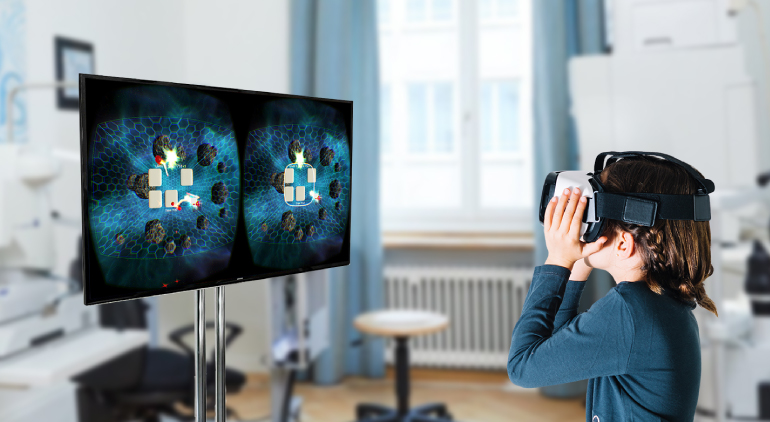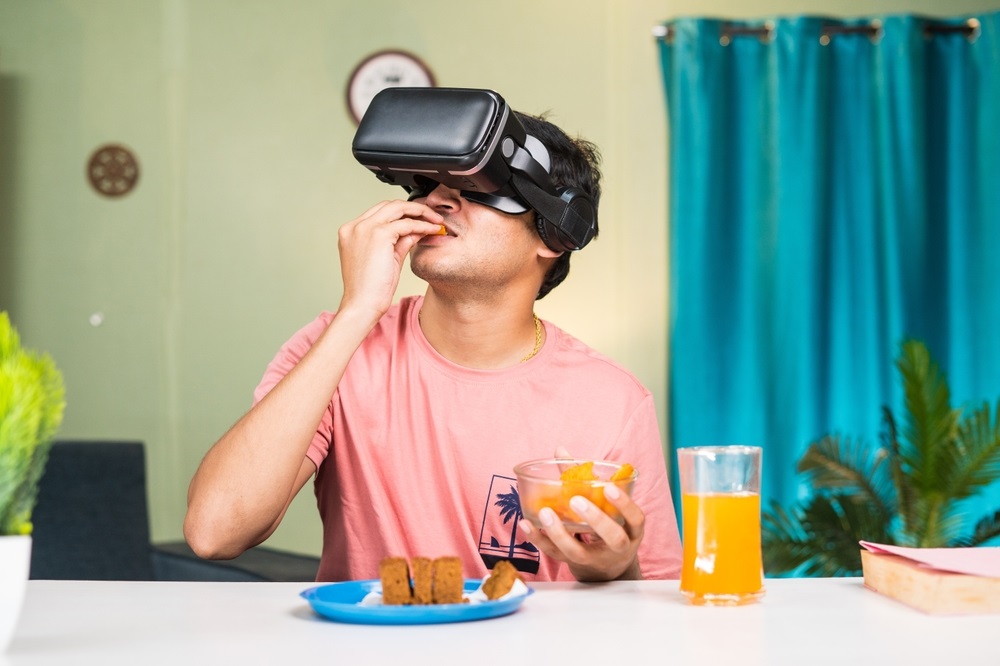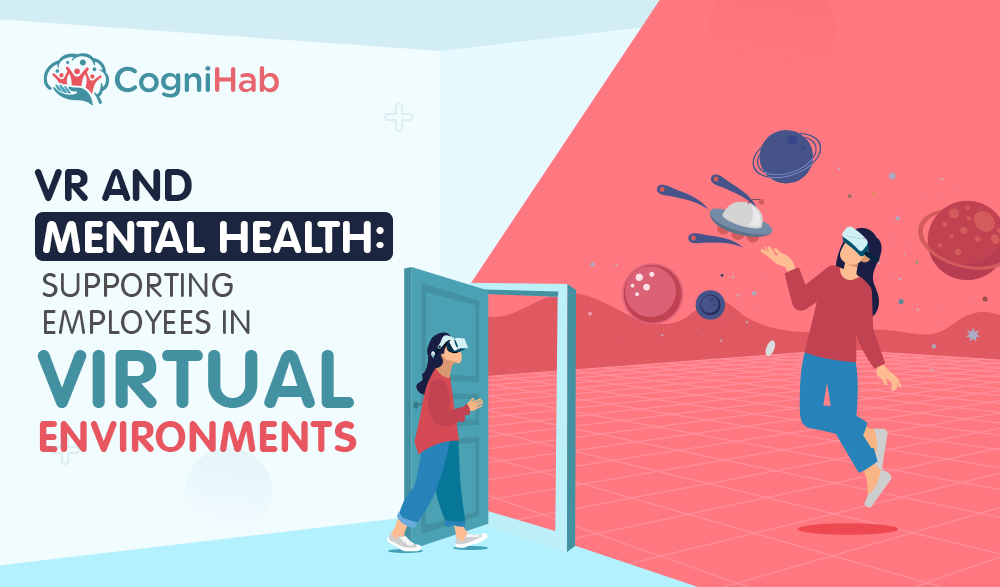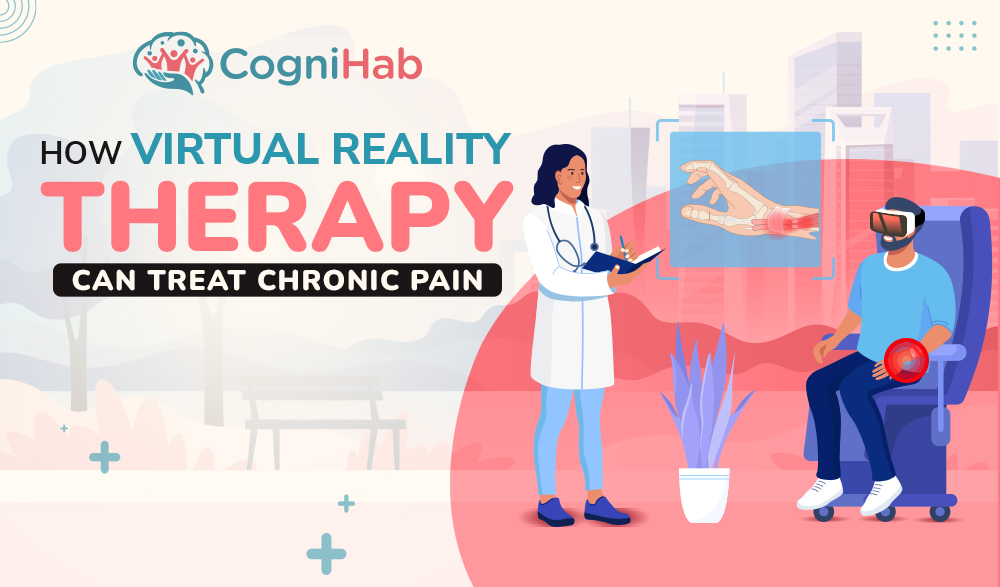How Indian Hospitals are Adopting Cloud Computing, AR and VR
There is clearly a shift from offline to online mode in Indian hospitals. People are looking for richer experiences in virtual presence. The unprecedented times brought about by the COVID-19 pandemic, have accelerated the growth of online engagements in all the spheres of Indian lives and sectors, especially in the healthcare markets.
The hospitals are forming satellite health centers to monitor patients with lower risks and mild symptoms directly from their homes or quarantine centres to free up the hospital beds for emergency patients.
As the nation entered the lockdown phase to inhibit the spreading of the virus, the adoption and usage of an immersive experience focused around artificial reality and virtual reality have increased dramatically. This is happening in every Indian industry and the healthcare sector is no exception.
The Indian healthcare market is estimated to spend a huge sum of money on artificial reality and virtual reality market by 2025, for the huge potential that it offers. The potential applications for these technologies range from surgical simulation and diagnostic to patient care and rehabilitation and a host of other areas.
Using Immersive Technology in Hospitals
The fully immersive experience provided by virtual reality and augmented reality technology allows the overlaying of virtual objects onto the real-world that consequently providing a mixed reality experience.
The advantage of creating a virtual world, while being physically present in reality is the reason why both of these techniques are being explored by doctors and healthcare experts.
The Indian healthcare market, to a large extent, is still dominated by the public-funded healthcare system. On the contrary, it is the private healthcare system that is exploring these new advanced technologies extensively.
However, the scene is changing gradually in India, primarily because of the wide acceptance and incorporation of these technologies by the public-funded healthcare facilities with the gradual and steady development and rapid digitalization.
The principal priority of any immersive technology is to enhance the quality of life, by making it less complex and user-friendly. The Indian healthcare industry is embracing the VR healthcare solutions provided by immersive technology.
These tools are enabling the healthcare industry to accurately process data within a limited time, significantly reduce human errors in diagnosis, and improve the ability to diagnose and provide fitting treatment facilities for patients.
Thus, in this way, these tools are enabling the doctors to treat an increased number of patients, while reducing the chances of risks.
AR/VR Within the Healthcare Segment
Augmented reality as a surgical tool, superimposes a computer-generated three-dimensional image for the surgeon’s view during the process of surgery.
This 3-D image provides a composite view of the part of the patient’s body, that needs to be operated on and enhances the experience, while significantly lowering the risks associated with the complicated operative process.
The surgeons can simulate a similar experience through the mixed reality technology, before going forward with the process in reality. Precision is a prerequisite for any kind of surgery and by this method, the experts can achieve the desired result.
Augmented reality thus can be used for surgical training, surgical preparation, and even in the surgical process.
AR can provide patient information, a better portrayal of human anatomies like vessels and organs during the surgical process, moreover it can integrate all the images and data of the patients and allows doctors to monitor the patient’s condition better, decrease medical errors that can save lives.
Virtual reality provides doctors to practice their craft before handling a real-life surgical process. It can be used for training medical students by simulating conditions that are otherwise, difficult to recreate in laboratory environments. Cognihab is a key developer in this area.
By providing advanced training technology, Cognihab’s next-generation technological solutions are improving the quality of training for medical students. VR technology enables students to perform highly complex surgeries that can then be assessed and graded by mentors.
How Is Cloud Computing Used In Hospitals?
Cloud technologies are useful in storing and accessing the patient’s data such as electronic medical records, electronic health records, and medical imagery. Cloud computing grants healthcare providers to attain access to patient data from diverse sources.
These data can be shared with doctors and healthcare experts to provide better treatments for diseases and disorders like cancer rehabilitation and stroke recovery. In this way, it decreases the distance between the specialists and allows them to review and give their evaluations about certain cases, shattering the barriers of geographical limitations.
When the patient’s data is available in the cloud, it also encourages interoperability among the multiple divisions of the healthcare industry and allows a seamless transfer of data amongst them. The easy access to patient data accelerates healthcare delivery effectively.
Cognihab is helping Indian healthcare providers to adopt the Cloud, AR, and VR technology. Large Indian hospital chains are adopting Cognihab’s next-generation technology-driven solutions thus, leading to an overall improvement in the wellness of citizens.







